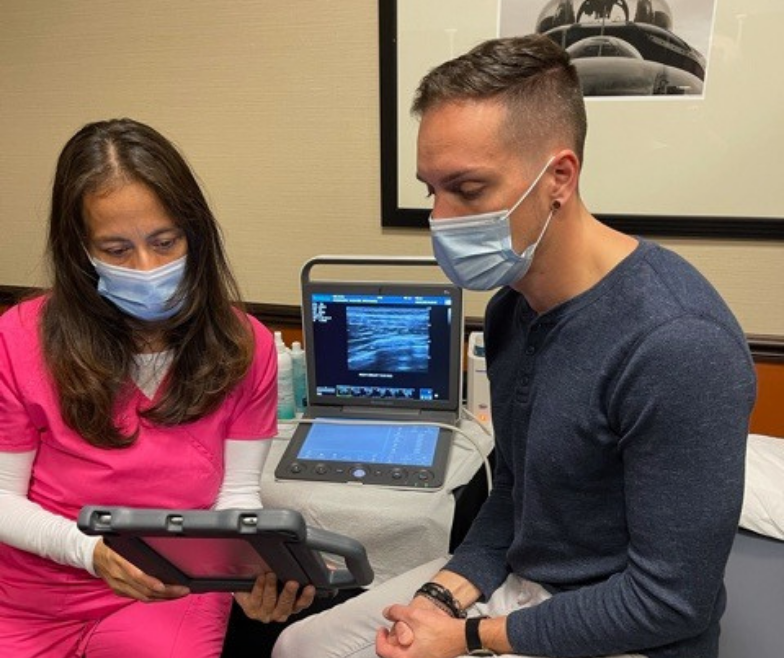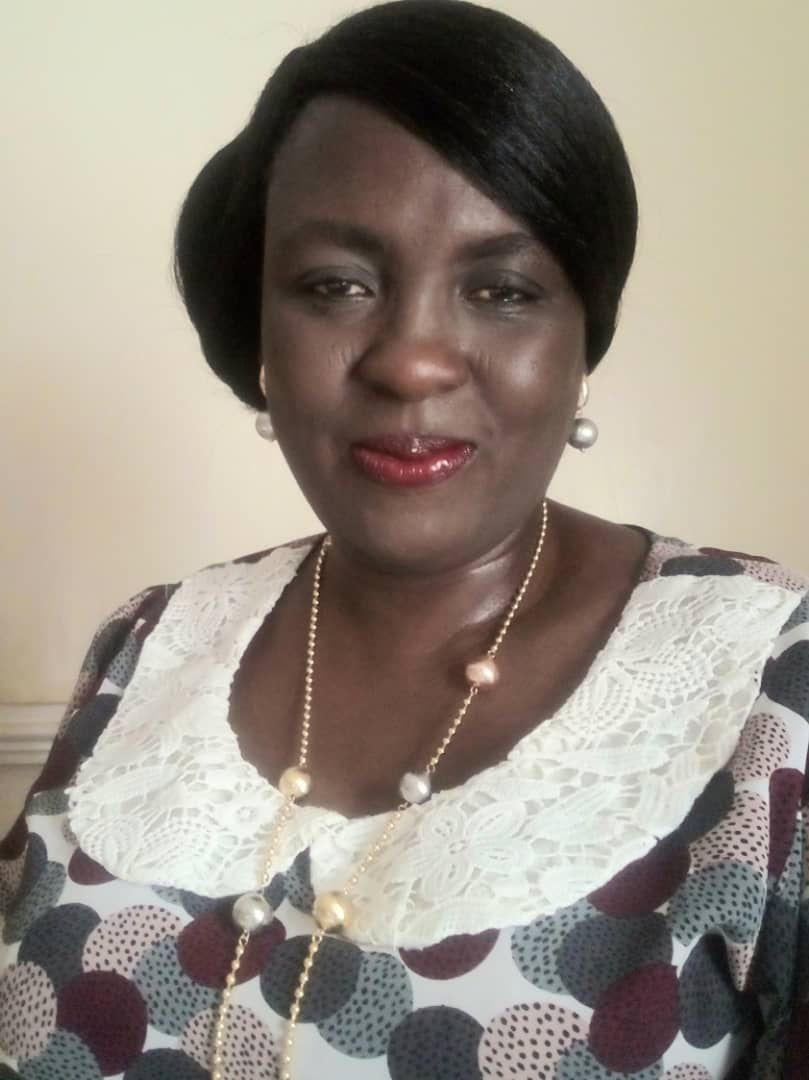Dr Shalaka Joshi :
Cancer is an abnormal proliferation of cells. The cells divide and grow at an unusually rapid rate in an organ that it results in a lump.Menarche, which impacts female breast tissue and results in hormonal changes, is a factor that influences breast cancer. A reason for breast cancer in both males and females is exposure to endogenous hormones, including genetic mutations, specifically BRCA1.
Men have smaller breast tissue, and their breasts do not grow because the male body does not have as much oestrogen and progesterone that the female body has. But even in the absence of hormones, breast tissue in men can undergo genetic mutation (BRCA).
A lump in a female body can be palpable. Also, women are usually more aware of the organ. But in men, although they may be able to feel a lump, they could remain unaware that men can also have breast cancer. Social awareness about the condition remains low. Often, men are in a state of denial—increasing the chances of late diagnosis. In most cases, by the time diagnosis happens, the tumours may have grown.
Men who are overweight or obese can have breast tissues because of fat deposition. This is commonly known as gynecomastia. In such cases, the lump can go unnoticed, especially since it could be painless in the initial stages.
Male patients often think they have a ‘female disease’. But getting breast cancer does not reduce the male-ness of a man, nor does it imply that their testosterone levels are lower than men who do not have breast cancer.
Joshi is professor and consultant surgeon, and chief, department of breast surgical oncology at Tata Memorial Hospital, Mumbai.




